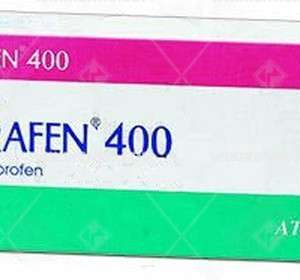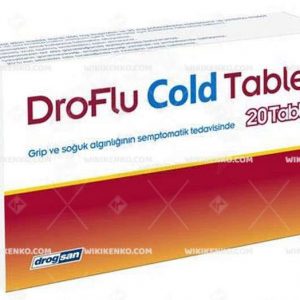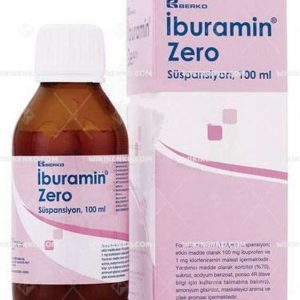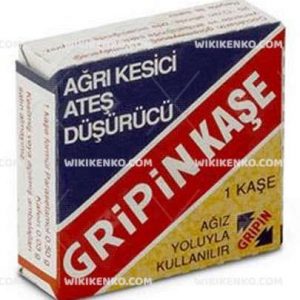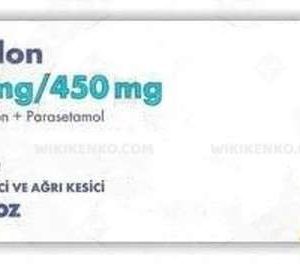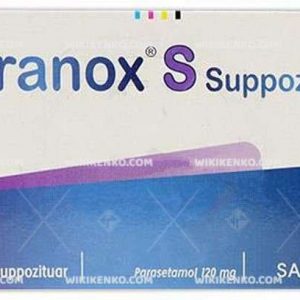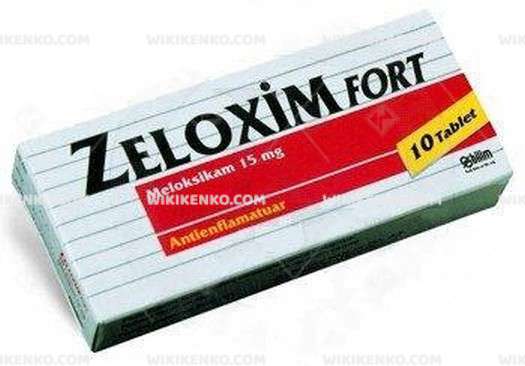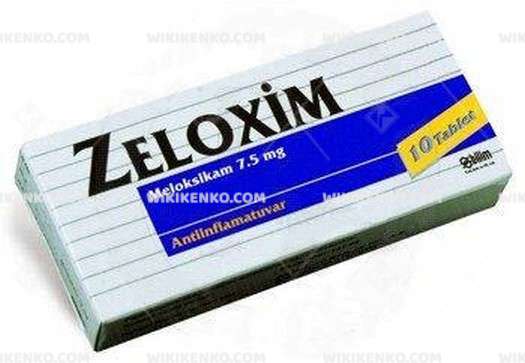In Germany, nearly 30 percent of women and 12 percent of men endure the challenges of migraines. While most individuals turn to the pain reliever Ibuprofen for treatment, a recent study has unveiled groundbreaking insights. It suggests numerous alternative medications that could be up to five times more effective.
Migraine patients often face a prolonged search for an effective and reliable treatment for their symptoms. Until now, there has been no comprehensive overview comparing available medications and providing insights into their relative effectiveness.
A research team from the American Academy of Neurology and a clinic in Minnesota gathered data from 300,000 patients who used a smartphone app to select and document their migraine medications over a six-year study period.
Study Highlights: Some Medications “Five Times More Effective” than Ibuprofen
The study revealed that certain migraine medications can be two to five times more effective than Ibuprofen. Particularly, the classes of medications known as Triptans, Ergotamines, and Antiemetics stood out positively. The research findings are available in the online edition of the journal “Neurology.”
According to a health report from the RKI, almost 30 percent of women and 12 percent of men in Germany experience migraines sporadically or regularly—two-thirds of women and 53 percent of men reportedly suffer from unspecified headaches in the country.
Migraine attacks are accompanied by intense throbbing headaches, sensitivity to light and sound, nausea, and vomiting. Previous studies have indicated that acute migraines impact cognitive abilities, affecting the quality of life and productivity of those affected.

Research Team Tests 25 Different Medications
“Migraine patients have many treatment options. However, there is a lack of direct comparisons of the effectiveness of these approaches,” said study author Chia-Chun Chiang to the American Academy of Neurology. Chiang, a specialist in vascular neurology focusing on headache treatment, conducts research and works at the Mayo Clinic in Rochester, Minnesota. “Our results confirm that Triptans should be considered earlier in the treatment of migraines, rather than using them only for severe attacks,” Chiang explained.
The approximately 300,000 participants in the study reported more than three million migraine attacks through the smartphone app. The study spanned six years, allowing participants to document the frequency of migraine attacks, suspected triggers, symptoms, and the effectiveness of the medications they took, self-monitoring their condition.
Those who participated recorded in the app whether a medication was effective or not. In total, the test group entered 4.7 million treatment attempts with various medications into the app. Based on this information, experts calculated the effectiveness of each medication compared to Ibuprofen. The Minnesota research team considered 25 medications from seven different medication classes, evaluating various dosages and compositions of each medication in combination with others.
Triptans, Ergotamines, and Antiemetics Show Highest Effectiveness
The study found that the three most effective classes of medications compared to Ibuprofen were Triptans, Ergotamines, and Antiemetics. According to the study, Triptans were five times more effective than Ibuprofen, Ergotamines were three times more effective, and Antiemetics were two and a half times more effective. When examining individual medications, three pain relievers stood out in terms of effectiveness: Eletriptan, Zolmitriptan, and Sumatriptan. All three belong to the Triptan class, used in acute migraine therapy for headaches, nausea, and vomiting.
These medications mimic the properties of the body’s natural messenger serotonin, which regulates the width of blood vessels. They occupy the binding sites of serotonin on the vessels, causing a constriction of blood vessels in the membranes of the brain and interrupting the migraine attack. They also inhibit the release of inflammatory proteins in the brain and reduce the transmission of pain impulses.
Due to their specific mode of action, Triptans help only with migraines and cluster headaches, and they should not be taken regularly according to current views, as they can lead to medication-induced chronic headaches.
In this study, the headache medication Eletriptan was six times more effective than Ibuprofen, Zolmitriptan was five and a half times more effective, and Sumatriptan was five times more effective. The experts noted that participants found Eletriptan helpful in 78 percent of cases, Zolmitriptan in 74 percent, and Sumatriptan in 72 percent, while Ibuprofen was perceived as effective in only 42 percent of cases.

Combination of Aspirin, Paracetamol, and Caffeine Proves Effective
The research team also explored other medication groups such as nonsteroidal anti-inflammatory drugs (NSAIDs), including Ibuprofen, Paracetamol, and combinations of various preparations. Other NSAIDs were reportedly 94 percent more effective than Ibuprofen, with the drugs Ketorolac, Indomethacin, and Diclofenac showing effectiveness rates around 60 percent (Ketorolac 62, Indomethacin 57, Diclofenac 56 percent more effective than Ibuprofen). However, participants perceived Paracetamol as helpful in only 37 percent of cases, proving to be 17 percent less effective than Ibuprofen in migraine therapy.
Such insights are crucial for patients who, due to interactions with other medications, cannot take a specific class of medication—such as individuals who should avoid Ibuprofen due to the intake of anticoagulants and need alternatives for migraines or headaches. They are often recommended Paracetamol, which is not contraindicated with blood thinners.
Interestingly, a common combination of medications for migraine treatment—Aspirin, Paracetamol, and Caffeine—was found to be 69 percent more effective than Ibuprofen, compensating for the somewhat less effective nature of Paracetamol when used alone.
Study Aims to Provide Alternatives for Individuals
“We hope this study shows people whose acute migraine medications are not working that there are many alternatives for migraine treatment. And we encourage people to talk to their doctors about how to manage this painful and debilitating condition,” concluded study author Chiang.
According to him, a limitation of the study could be that the assessment of medications could be influenced by users’ expectations of the medication or the dosage taken. Another limitation would be that newer migraine medications were not considered, as at the time of the study, there was insufficient data to investigate the latest treatments—especially since they were not available in many countries.
Original source: This information was Initially covered by focus and has been translated for our readers.

